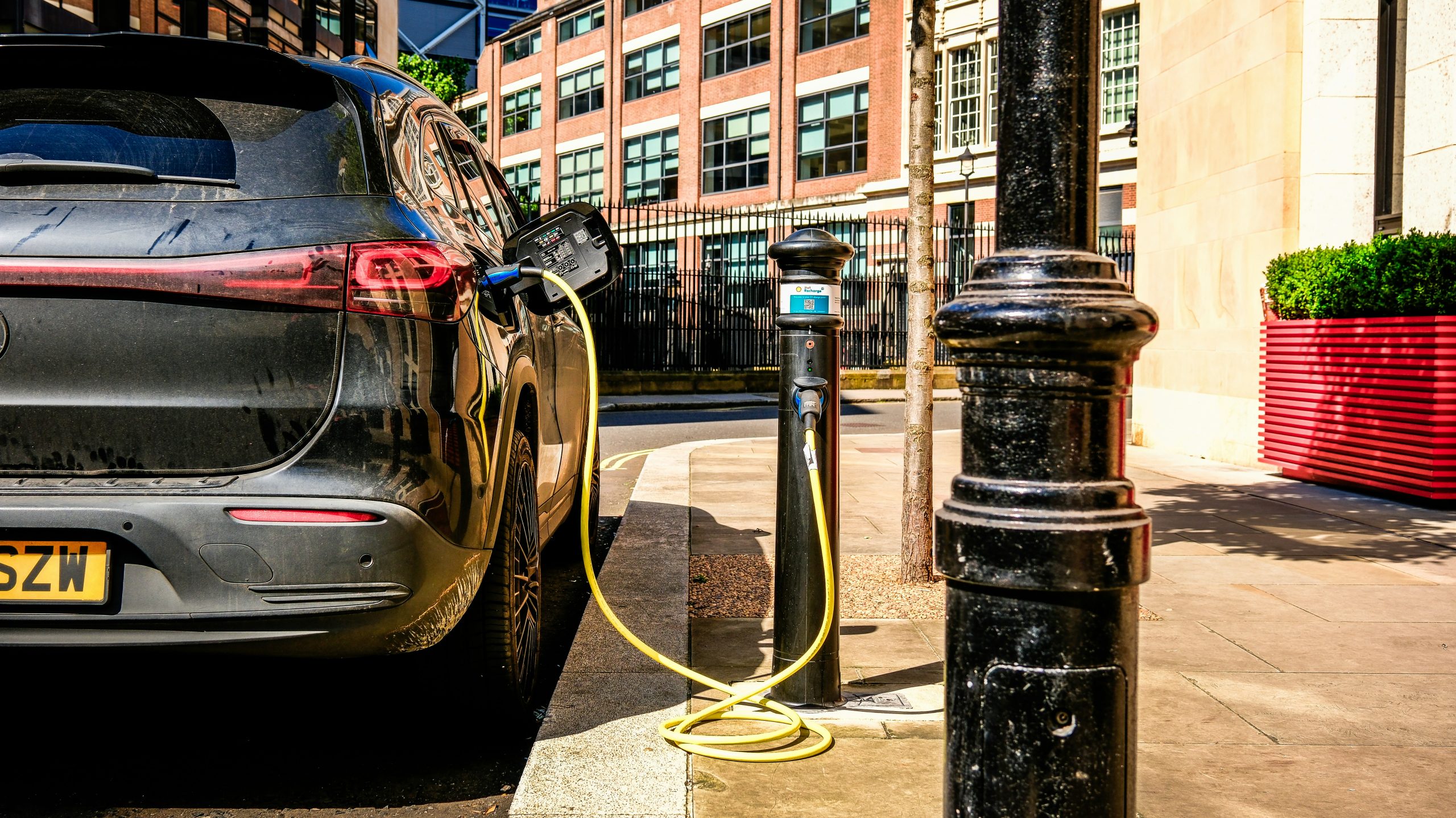On Wednesday, representatives from nearly 200 countries reached a historic agreement to transition away from fossil fuels at the COP28 summit in Dubai. This deal, revealed after intense negotiations and significant backlash to earlier drafts, marks a pivotal shift in global energy policies.
The UAE presidency of the summit highlighted this agreement as a breakthrough. They announced a commitment to triple global renewable energy capacity and double the annual rate of energy efficiency improvements by 2030.
Additionally, the deal includes measures to phase down unabated coal power and emphasizes a transition from fossil fuels in a “just, orderly, and equitable manner” aimed at achieving net zero emissions by 2050.

Despite these advancements, the final agreement did not mandate an absolute phase-out of fossil fuels, which many activists and policymakers had hoped for. Instead, it focuses on reducing fossil fuel use rather than eliminating it. This compromise reflects ongoing divisions among nations over how rapidly to move away from hydrocarbons.
The negotiations, which extended late into the night, included notable moments such as climate activist Licypriya Kangujam’s protest calling for an end to fossil fuels. The final agreement also saw progress in other areas, such as increased commitments from oil and gas companies to address methane emissions.
U.N. climate chief Simon Stiell and U.S. special climate envoy John Kerry both expressed optimism about the agreement’s potential, though acknowledging that significant challenges remain.
Some delegates, like those from Denmark, expressed disappointment, emphasizing that the agreement did not meet their hopes for a complete phase-out of fossil fuels.
The summit also achieved a breakthrough with the establishment of a loss and damage fund to support vulnerable countries affected by climate disasters, marking a significant step forward in international climate cooperation.

